2025 grants
We are hoping to announce our next round of grants shortly - please follow us on twitter / X.
Some headline facts FYI: at the moment grants range in value up to £1000, and as long as your need or project is music or sound related, based in Cambridgeshire, and can clearly have a positive social impact, you are able to apply. We also welcome applications from any age, whether you're young, old, or somewhere in the middle, and from individuals, projects and organisations.
Project examples
A few people have asked for a clear idea of the types of projects we might support, so we've listed some below. However, please don't be limited by our ideas - we positively encourage creativity!
Music therapy - for example, from families seeking to benefit from music therapy expertise with children or family members with learning or physical disabilities and struggling to pay the full cost, or from organisations such as care or nursing homes looking to provide specialist care for particular individuals or groups through the skilled use of music therapy.
Music access - an example might be someone setting up a musical group in a village where none exists, or creating an innovative solution to people accessing or taking part in music events limited through disabilities or accessibility.
Music education - we believe it’s never too late to learn to play or enjoy music. Projects in this area might include enabling classes for adult learners, or providing music education to children that struggle to attend conventional music lessons.
Innovation in sound and music - grants could support both hi tech and lo tech innovation, for example technology development for real-time internet-enabled group rehearsals or ways of using sound to help visually impaired people play sport.
